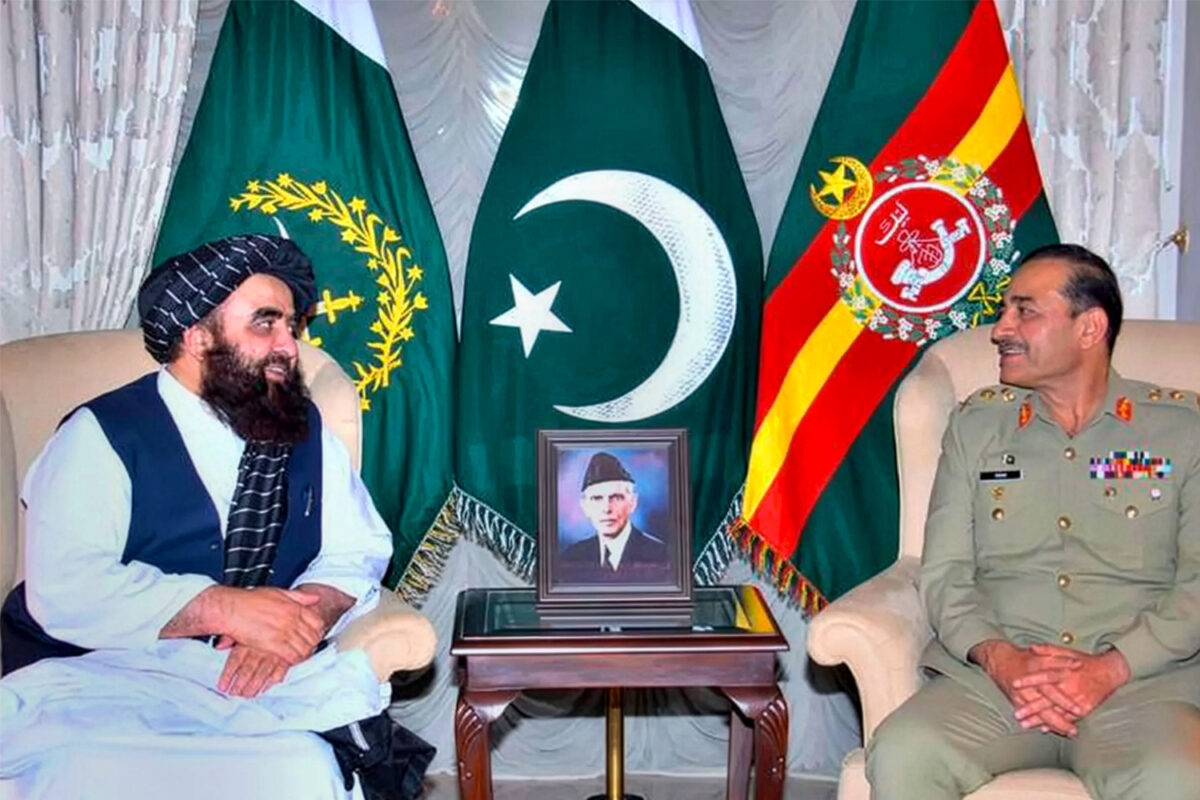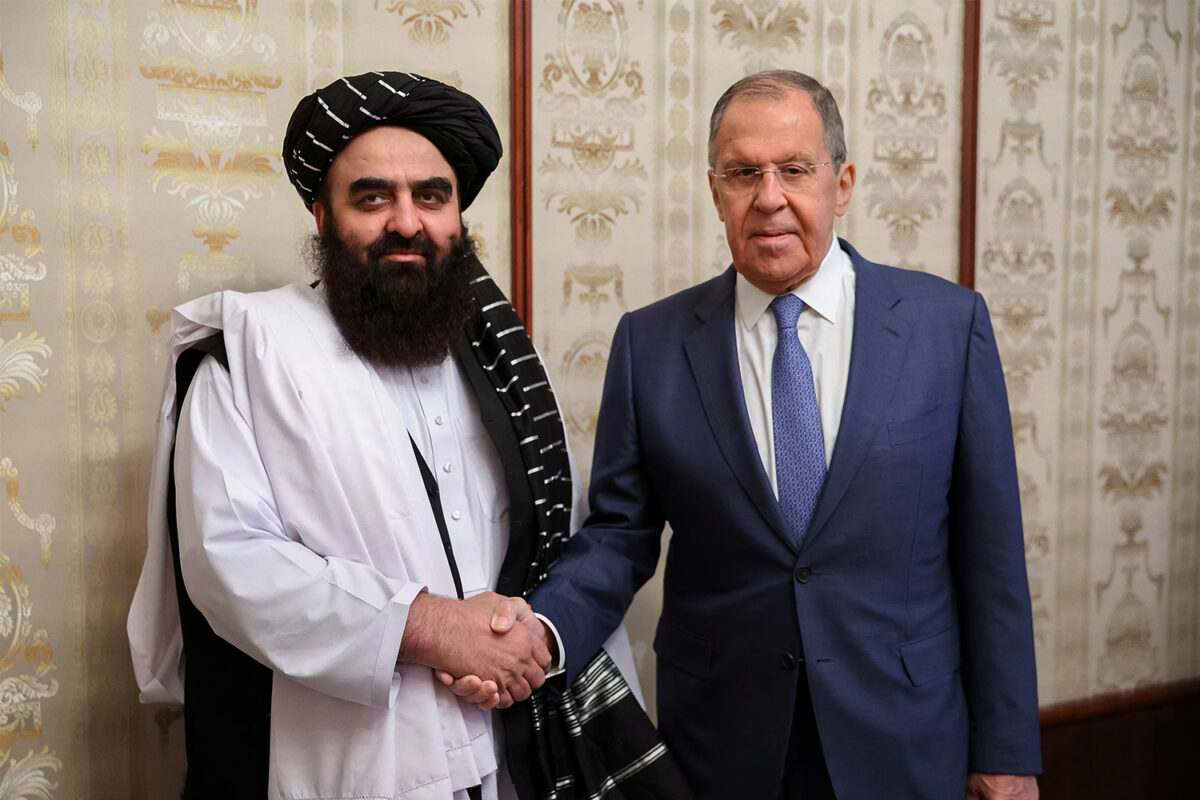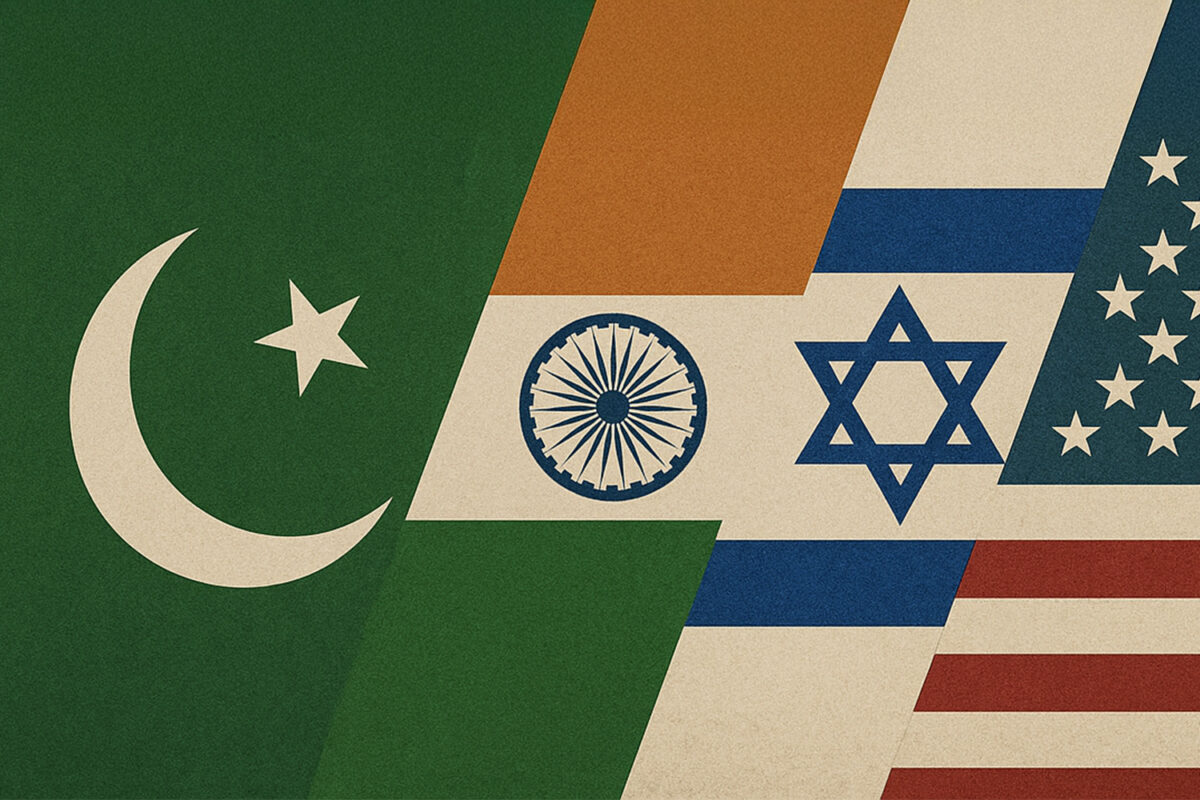The current crisis in Pakistan, like all those before it, transcends administrations. These come and go but leave little of value to justify their cyclical rule and Pakistan’s position inexorably deteriorates. Seven decades of mismanagement and outright larceny have hollowed out state institutions and stifled Pakistan’s potential as one of the next eleven economies of the world. Economic, political and strategic issues beset Pakistan with successive governments simply blaming the previous one for its own failure.
When it comes to economics after a promising start in late 1950s and 1960s, where Pakistan’s economy grew at 8.51% per annum [1], growth quickly collapsed and industrial growth fell from 8.2% in 1980s to 4.8% for the 1990s and in the latter half of 1990s growth was only 3.2%. Furthermore from 1996/7 the growth in the industrial sector was minus 0.1% and was only 1.5% in 1999/2000.[2] Recent performance has been significantly worse with inflation often exceeding growth by a hefty 10% and more recently by almost 50%.[3]
Private investment in industrial capacity also fell from 10% to 8% during the 1990s, as state policies favoured real-estate speculation rather than industrial development. Paradoxically at the same time foreign ownership of industry surged, as reflected in the Foreign Direct Investment (FDI) figures. Successive governments have favoured exploitative foreign firms over domestic production brazenly due to kick-backs and under table deals.[4]
By way of illustration the automobile industry of Pakistan can serve as a barometer of the inequity of policy making that has hamstrung Pakistan’s economy. Whilst foreign owned assembly plants proliferate and profits repatriated to their home nations, Pakistan has failed to establish a domestic production capacity despite having the capability to do so. Without state investment in the plants to manufacture engines and transmissions to kick-start a truly domestic industry, Pakistan will always be reliant on foreign companies to provide vital and expensive components. As is usual in Pakistan the vested interests of the elite trounce the national interest.[5]
Gross fixed capital formation in the private sector, which is a measure of the investment that companies make in machine tools and production capacity especially in the large scale manufacturing, fell continuously over the 1990s, by as much as 60%. Accordingly, investment in new plant and production capacity has stagnated since the late 80’s.[6] This translates to ever increasing price inflation, widening fiscal and current account deficits and diminishing foreign currency reserves. The only solutions proposed by successive governments is to increase indirect taxes. In this context former prime minister Imran Khan’s latest proposals were an increase in indirect taxes by removing exemptions from on machinery, pharma and imported food items, which would invariably and disproportionately affect the poor and middle classes.[7]
In the current political system there is simply no viable means to improve Pakistan’s economic situation. The WTO rules and dictates from the IMF create foreign dependency rather than self sufficiency, combined with gross inefficiencies created by Pakistan’s system of patronage. Pakistan’s economic outlook remains bleak for the foreseeable future.
The politics of Pakistan like her economy have been in steady decline for her 70 year history. The euphoria of her creation subsided quickly and alternation between ineffective civilian rule and ossified military administrations has typified Pakistan’s political landscape. Pakistan’s system of political patronage and clientelism both local and international overseen by her military rulers has failed to produce effective governance or even any capable politicians that may steer the nation to stability let alone prosperity.
With the ostentatious removal of Imran Khan, Pakistan’s military has exposed to their own constituency that their blatant meddling in politics is far from benevolent, but rather serves their own and foreign agendas. Any sincere administration, and sincere is the salient word, will find that Pakistan’s political culture, her political institutions and her political class are not fit for purpose. Without a radical overhaul of the system real meaningful change will elude them.
The only saving grace in Pakistan’s strategic position is the failure of the US to install her regime of choice in Afghanistan. Which had more to do with the reprehensible nature of those that collaborated with the US than with anything achieved by Pakistan’s diplomacy. Pakistan’s servile attitude to the US policy considerations has compromised her strategic position to the extent that matters of critical importance like the status of Kashmir are abandoned to appease US regional interests. As the US focuses her attention and lavishes her largess upon India, Pakistan has increasingly been forced by her former ally the US, to accept Indian hegemony and submit to Indian demands.
Any incoming administration will find that they have inherited an irredeemable system where the only option to remedy their situation is the wholesale dissolution of state institutions and implementation of a new system of governance.
[1] How golden was Ayub Khan’s era? (tribune.com.pk)
[2] Economy of Pakistan – Wikipedia
[3] Economic and financial indicators | The Economist
[4] An economic dilemma – Newspaper – DAWN.COM
[5] The Oligopoly Redefined.. – CarSpiritPK
[6] Stagflation hits poor hard in Pakistan | Analysis – Gulf News
[7] 17pc tax on number of items proposed; Shaukat Tarin dismisses inflation fears – Newspaper – DAWN.COM




